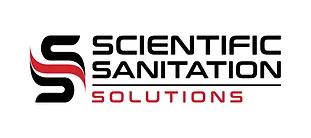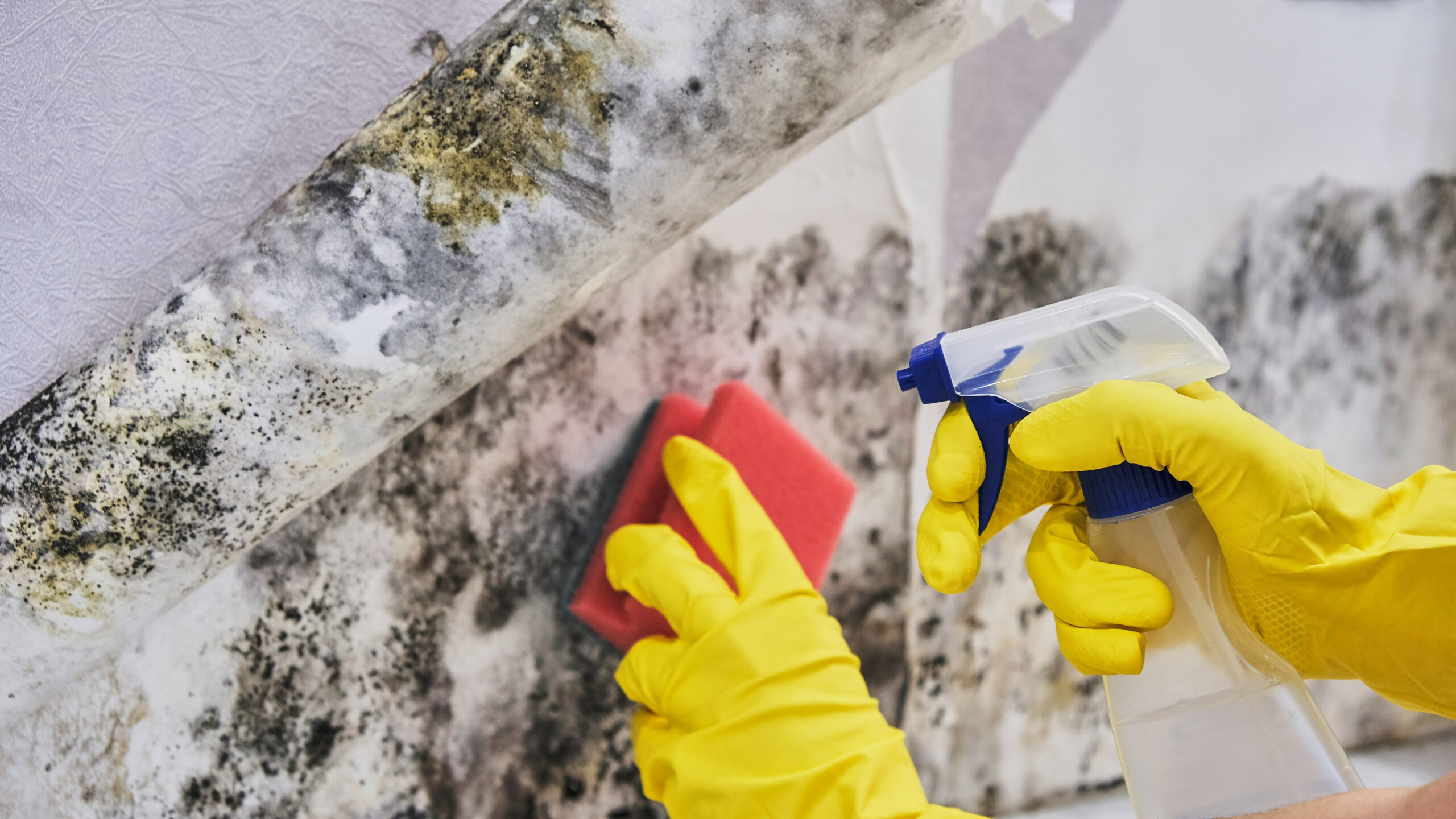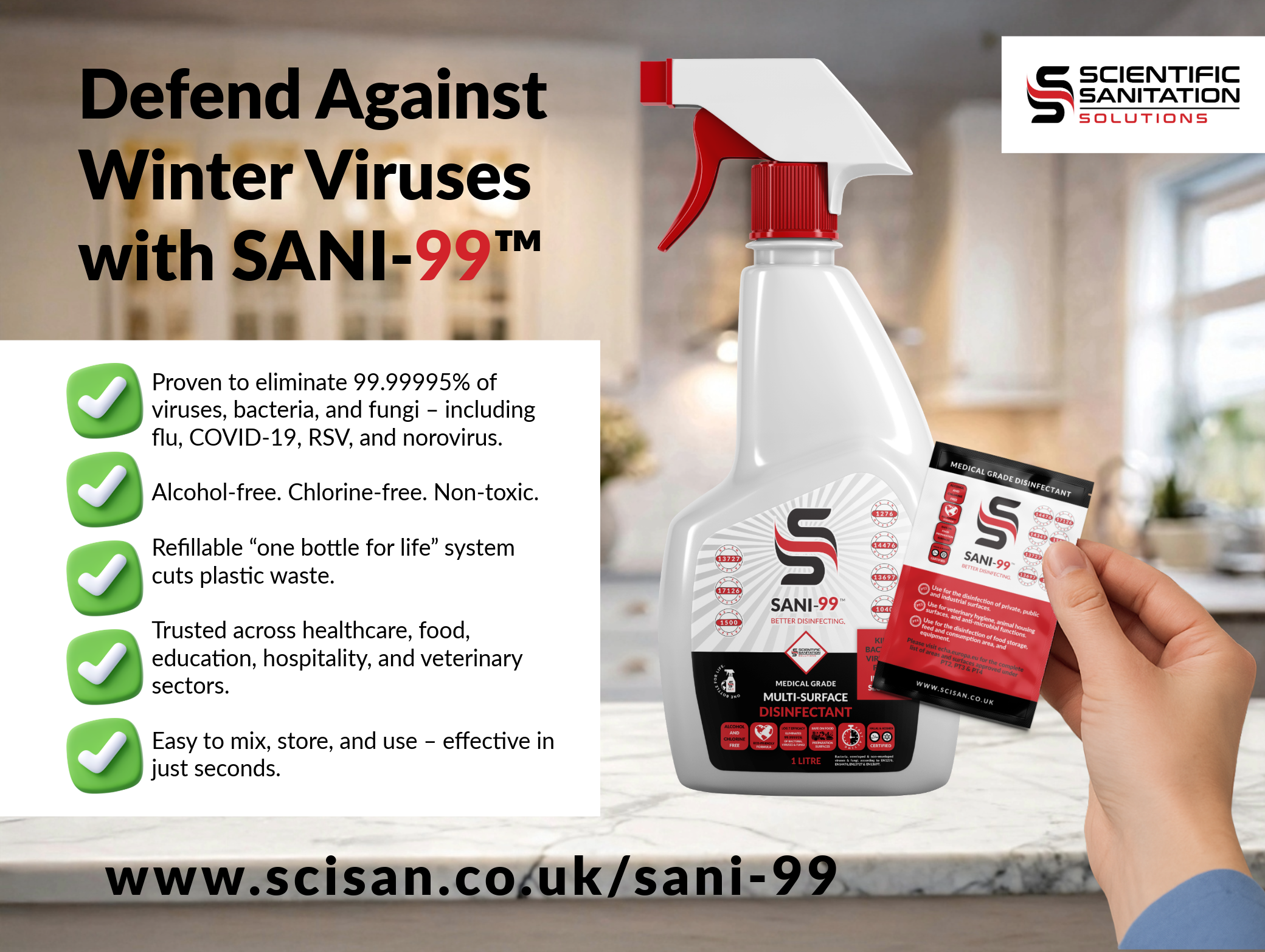In the UK, mould has long been seen as a nuisance — unsightly marks on walls, a musty smell in damp corners, a problem to be scrubbed away with bleach. But new regulation, rising health awareness, and ESG accountability have changed the conversation.
Mould is no longer a cosmetic issue. It is a compliance, cost, and public health challenge.
With Awaab’s Law due to take effect in October 2025, landlords and housing providers face tighter timelines and responsibilities. At the same time, employers remain bound by COSHH regulations (mould classified as a hazardous substance) and the Workplace (Health, Safety & Welfare) Regulations 1992.
The message is clear: organisations must move beyond quick fixes and demonstrate that their mould management strategies are both scientifically validated and long-lasting.
Why Old Habits Are No Longer Enough
For years, property managers have relied on surface-level treatments:
- Bleach washes that lighten stains but leave spores intact.
- Repainting that hides the problem temporarily.
- Generic cleaners that claim “eco credentials” but provide no certified microbial data.
These approaches don’t just fail to solve the issue — they create a cycle of repeated interventions, mounting costs, and exposure to liability when residents or employees suffer health impacts.
A Science-First Approach to Mould
To protect people and properties, mould control must be:
- Certified to internationally recognised EN standards.
- Proven against mould spores, not just surface stains.
- Preventative, not reactive, with residual efficacy.
- Sustainable, aligning with ESG goals without trading off safety or performance.
Introducing SANI-99™: Compliance Meets Performance
SANI-99™ is designed to break the cycle of short-term treatments. Unlike conventional or unverified “green” cleaners, it is independently tested and certified:
- EN 1276 (Bactericidal)
- EN 13697 (Fungicidal — black mould spores included)
- EN 14476 (Virucidal)
- EN 1656 (Veterinary/Agricultural Fungicidal)
Kill Rate: Up to 99.99995% of black mould spores eliminated.
Shelf Life: 4 years in powder form, 180 days once mixed.
Cost Efficiency: From just £0.10 per m² for mould remediation.
Carbon Impact: ~9 g CO₂ per litre (vs. ~2000 g CO₂ for chlorine products).
Safer, Smarter Application
- Supplied as compact 6 g sachets, SANI-99™ reduces logistics and storage space by up to 99%.
- Non-toxic, chlorine-free, alcohol-free, and biodegradable.
- Leaves no residue or corrosive damage on hard surfaces (⚠️ not tested on fabrics — patch test first to avoid bleaching).
- Requires reapplication only every 2–4 weeks, reducing labour and disruption.
How Certified Solutions Compare to Conventional ‘Eco Cleaners’
| Criteria | SANI-99™ | Representative Eco Cleaner |
| Efficacy Against Mould | Proven 99.99995% kill rate on black mould spores. Independently certified under EN 1276, EN 13697, EN 14476, EN 1656. | Marketed as removing mould, spores, and stains, but no published EN-standard certification or verified spore kill data available. |
| Mode of Action | High-level oxidising disinfectant. Sporicidal, fungicidal, bactericidal, virucidal. Prevents regrowth. | Oxygen release lifts mould and reduces stains. Primarily cosmetic action, spores often remain. |
| Shelf Life | 4 years (powder). 180 days (solution). | Typically 1–5 days once mixed. Limited long-term stability. |
| Application Frequency | Every 2–4 weeks for prevention. | Often weekly reapplication required. |
| Cost Efficiency (Mould Treatment) | ~£0.10/m² (18 g dose, triple strength for mould remediation). | ~£0.11–£0.44/m²* depending on actual coverage per sachet (not published by manufacturer). |
| Safety (in use) | Chlorine-free, alcohol-free, non-toxic, biodegradable. Safe on hard surfaces (⚠️ test fabrics first — may cause bleaching). | Non-chlorine, positioned as “safe” — but classified as eye irritant. Requires gloves & eye protection. |
| Environmental Impact | ~9 g CO₂/L (Scope 3) vs 2000 g/L for chlorine. Compact sachets cut logistics/storage by 99%. | Eco-friendly positioning, but no carbon footprint data published. |
Note: Some mould removers are advertised as “eliminating spores,” but no EN-standard laboratory certification (e.g., EN 13697, EN 1650) has been published to validate these claims. By contrast, SANI-99™ has independently proven sporicidal efficacy, eliminating black mould spores at a 99.99995% kill rate.
More Than Compliance: Protecting People & Budgets
By choosing a product with certified sporicidal efficacy, housing providers, employers, and facilities managers can:
- Safeguard occupant health by removing spores at the source.
- Demonstrate compliance with COSHH, Awaab’s Law, and workplace safety regulations.
- Cut hidden costs linked to repeat treatments, damaged infrastructure, and reputational harm.
- Deliver ESG commitments with a low-carbon, biodegradable solution.
The New Benchmark for Mould Control
In an era where regulators, residents, and employees demand more, mould control must deliver more.
SANI-99™ is not just another “clean chemistry” alternative — it is the evidence-backed standard for mould remediation and prevention.
Organisations that adopt it demonstrate more than compliance: they show leadership, responsibility, and long-term commitment to healthier environments.
Want to see how SANI-99™ can help your organisation meet compliance standards, protect residents, and cut costs? Visit: https://www.scisan.co.uk/sani-99/


